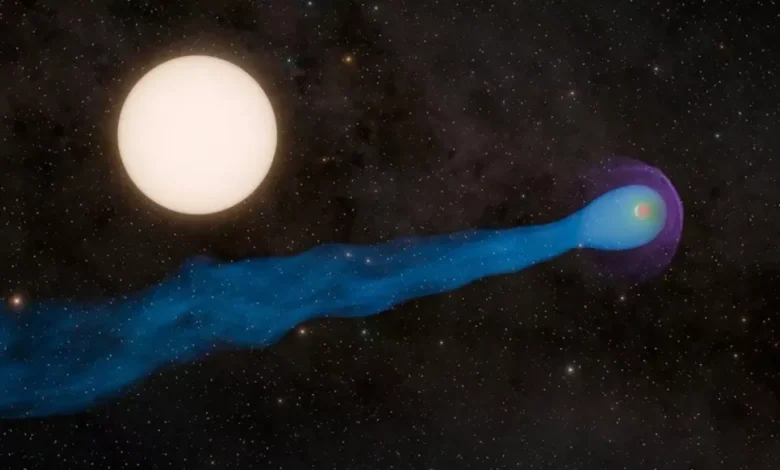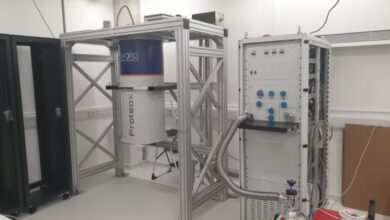NASA Astronomers Stunned by Discovery of “Comet Planet”

In a groundbreaking revelation, astronomers at NASA have announced the discovery of what they are calling a “comet planet,” a celestial body that has left the scientific community both excited and puzzled. This discovery comes on the heels of recent findings regarding dark comets, which have been a topic of intense research and speculation.
New Class of Celestial Objects: The “comet planet” appears to be a unique hybrid, exhibiting characteristics of both comets and planets. This challenges traditional classifications in astronomy and opens up new avenues for research.
Recent Research Findings: Just last week, NASA researchers reported the discovery of seven new dark comets, effectively doubling the number of known dark comets in our solar system. These findings suggest that these mysterious objects may fall into two distinct populations, further complicating our understanding of their origins and behaviors.
Location and Composition: The newly identified “comet planet” is believed to reside within the inner solar system, where it interacts with the gravitational forces of nearby planets. Its composition is still under investigation, but initial observations indicate a mix of icy and rocky materials, typical of both comets and terrestrial planets.
Implications for Astronomy: This discovery could have significant implications for our understanding of planetary formation and the evolution of our solar system. The existence of such a body raises questions about how comets and planets may have formed and evolved over billions of years.
Future Research Directions: NASA plans to conduct further observations and analyses to better understand the dynamics of the “comet planet.” This includes studying its orbit, composition, and potential interactions with other celestial bodies.
As astronomers continue to unravel the mysteries of the universe, the discovery of the “comet planet” stands as a testament to the ever-evolving nature of space exploration and our quest for knowledge. The excitement surrounding this finding is palpable, and it promises to inspire a new generation of scientists and enthusiasts alike.




